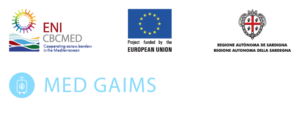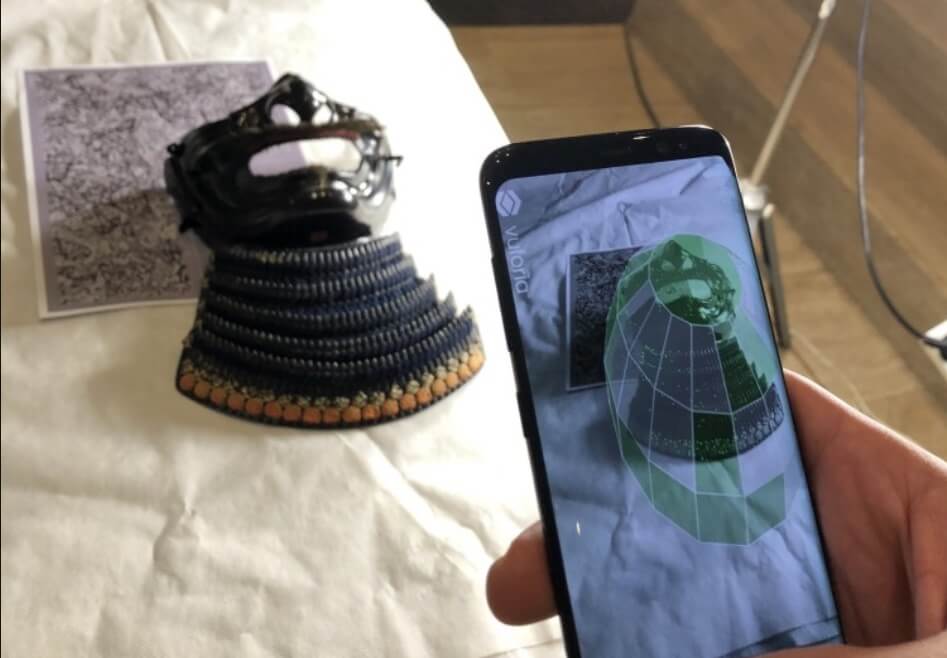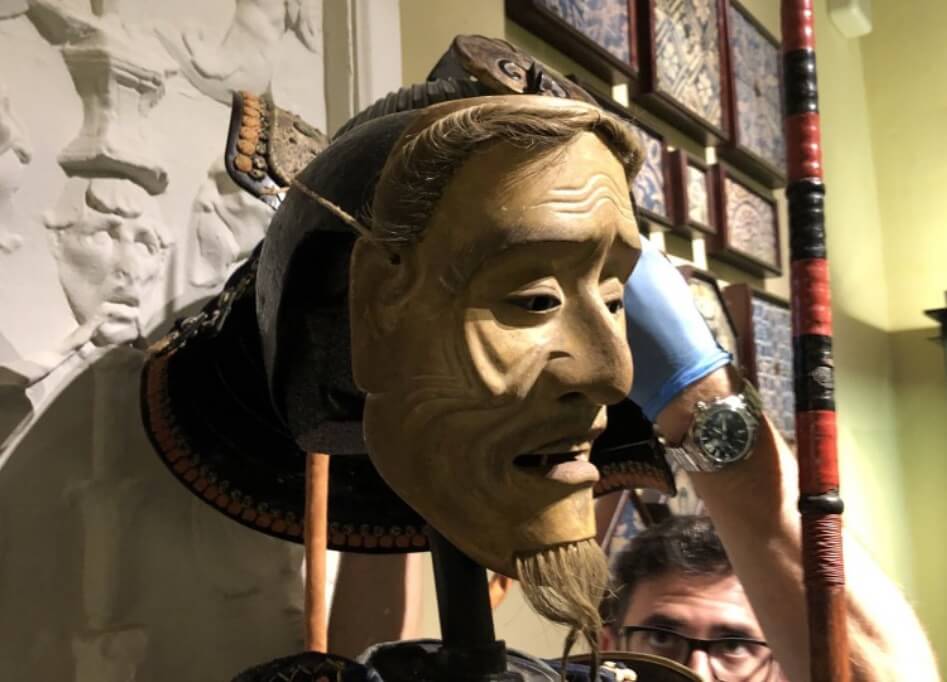MedGAIMS
Year : 2019-2022
Location: Vilanova i la Geltrú (Catalonia), Alghero (Sardinia), Beirut (Lebanon) and Amman (Jordan).
Subject : gamification, tourist promotion.
MedGAIMS is a European project funded under the ENI CBCMED Program, for cross-border cooperation between countries in the Euro-Mediterranean region. The initiative has funding of € 2,400,000 of which Neàpolis will manage a total of € 240,000.

The project is led by the AUB, American University of Beirut , Lebanon. This university is considered one of the best universities in the Arab world. In addition to Neàpolis, the foundation has also been involved as partners in the project i2Cat (Catalonia); the Fondazione Alghero de Sardenya (Italy); the DGA, General Directorate of Antiquities of Lebanon ; the DoA, the Department of Antiquities of the Ministry of Tourism and Antiquities of Jordan and the JUST, Jordan University of Science and Technology, Jordan, Irbid.
Gamified destinations
MedGAIMS moves between two worlds: games and tourism. The strategic objectives of the project are to revolutionize the tourist experience through physical and virtual applications, increase tourist flows to particular destinations and create jobs and initiatives for gamification entrepreneurs. Therefore, the development of the games is not only for fun but also has a strategic orientation of tourist development and promotion of the city.
The central point of MedGAIMS is that it uses gamification, that is, the game design application, to create experiences for tourists. Offering these experiences can give a lesser advantage to lesser known destinations as it will increase their appeal. But gamification is culturally sensitive, we don’t all have the same sense of what is fun, so a multicultural and cross-border evaluation of initiatives is needed before opening them up to international tourists.
Forty games for eight destinations
About 40 games will be developed for 12 tourist locations, in 8 destinations. Local games aim to encourage exploration of more places, promote longer stays, and return visits. In this way, public and private actors collaborate together, working and thinking together as tourism innovators and game entrepreneurs.
The project is based on local communities to conceptualize and implement games, through the promotion of self-employment and initiatives that offer employment opportunities, skilled (technological) and low-skilled (manual and organizational), both for young people as for women. Local resources, priorities and goals for the different tourism segments (social interaction, education, entertainment) will guide decisions in game selection. Strategic options will be reflected in 8 destination plans.
Main contributions of the project
The project aims to integrate gamification into public strategies for managing tourist destinations as a useful and effective tool. At the same time it seeks to support private actors for private cooperation in the development of gamified initiatives in tourist destinations.
On the other hand, the development of gamified strategies and initiatives will lead to the development of the digital and analog creative industry during the process of creating them. The very development of gamified initiatives in heritage spaces will lead to the interaction between private and public sector. The execution of the gamified experiences will facilitate the creation of jobs and / or private business models in the final sustainability of the project. In addition, the use of gamification will increase and prolong the tourist experience, obtaining more benefits for the local community, the business fabric and the territory itself.



